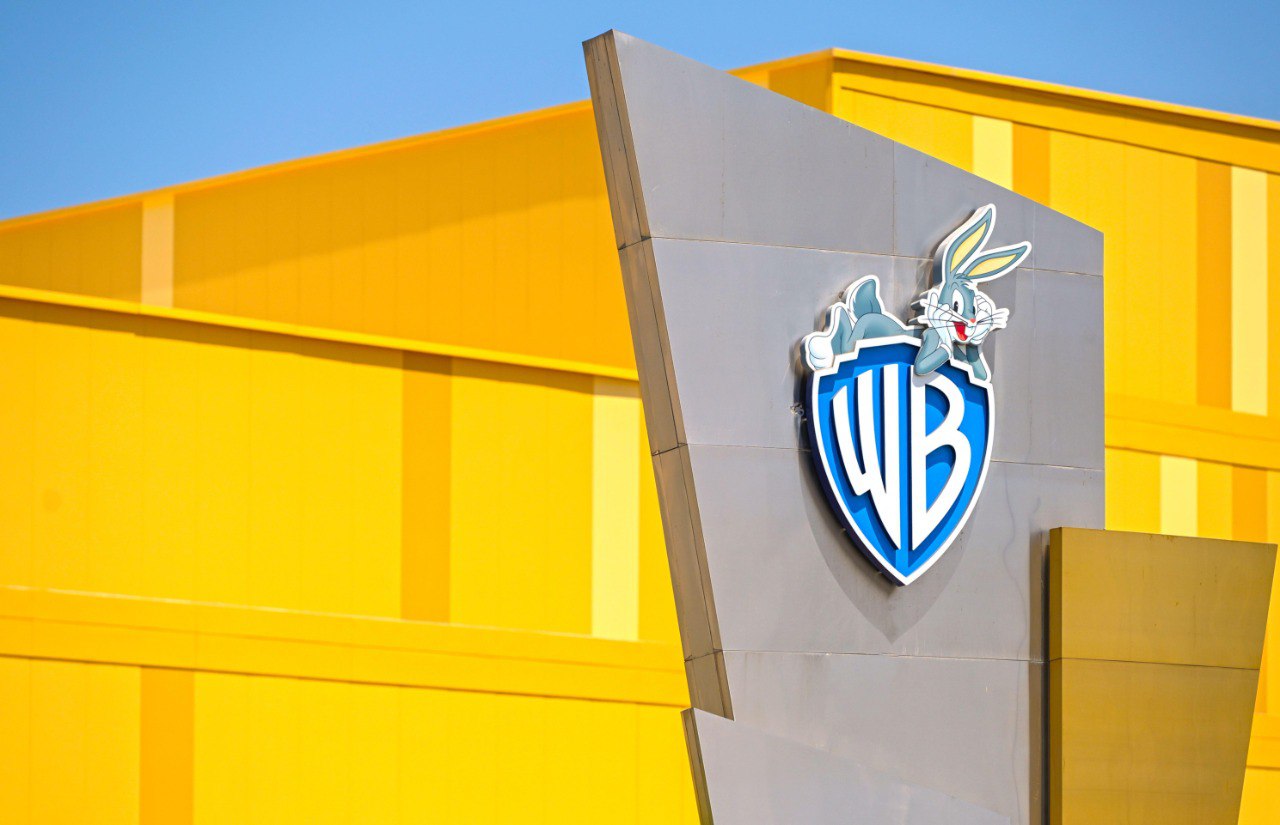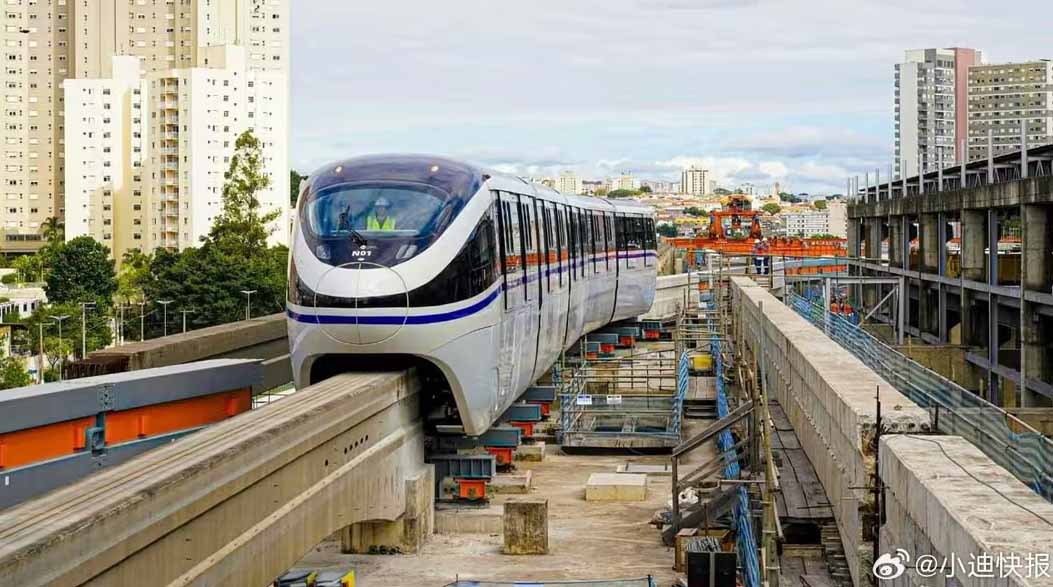The American manufacturer of electric vehicles Tesla officially announces its entry into the Indian market, starting with the opening of the first branded showroom in Mumbai. The opening is scheduled for July 15 and will take place in the Bandra Kurla Complex business cluster — one of the symbols of the new economic India. The company positions this step as the opening of an "Experience Center", which indicates its intention not only to demonstrate technologies, but also to create a premium customer experience.
The event may be a landmark moment for the Indian car market, where electric cars occupy only a small niche so far. Against the background of the global trend of decarbonization and the growing interest in eco-friendly transport, the arrival of Tesla is of strategic importance. Given that we are talking about a country with a population of more than 1.4 billion people and a rapidly growing demand for personal transport, it is difficult to overestimate the commercial potential of entering this market.
Tesla aims to sell directly to its customers, bypassing traditional schemes involving local dealers. This approach allows the company to maintain control over pricing, service, and user experience. However, it also requires building the service infrastructure, logistics, and local customer support almost from scratch-at a time when the penetration rate of electric vehicles in India is still low and the charging network is limited.
The company does not have production facilities in India. The vehicles will be delivered from existing Tesla plants in China and Germany. This means that import duties — at current rates of about 70 percent — will significantly affect the final cost of models, making them available mainly to the wealthy layer of buyers.
The Indian government has offered an alternative to foreign manufacturers: reduce the duty to 15 percent if investments in the amount of at least $ 500 million are made and local production is opened. So far, Tesla has not shown any willingness to make such investments, despite public calls from officials. Official statements from the Ministry of Heavy Industry emphasize that the company "shows no interest" in establishing a production base in the country.
In April, Elon Musk held talks with Prime Minister Narendra Modi, discussing opportunities for cooperation in the field of innovation and technology. These negotiations caused a wave of expectations in the market, but at the current stage, Tesla is limited to organizing sales and presence, without moving to industrial integration.
With the release of Tesla, competition in the Indian segment of electric vehicles may escalate. Already, companies such as China's BYD and local auto giant Tata Motors are actively developing electric vehicle lines, often in a more affordable price segment. The advantage of these companies remains local production, which allows you to avoid high duties and quickly adapt to the specifics of demand.
At the same time, Tesla relies on brand awareness, unique characteristics of its vehicles, and technological infrastructure, including autopilot systems. In this regard, the company has already started actively recruiting employees in Mumbai: vacancies for consultants in showrooms, service specialists, vehicle operators for collecting driving data, as well as security personnel have been published.
Interestingly, some vacancies are also posted in New Delhi, where the company is looking for store managers. It is not yet clear whether the launch of the showroom in the Indian capital is planned, but the training of a talent pool in this region may indicate larger plans for expansion.
Tesla's entry into the Indian market is accompanied not only by commercial, but also geo-economic expectations. Given the growing pressure on traditional supply chains, attempts to diversify production and reorient global logistics routes, India is seen as one of the centers of future industrial growth. Tesla, despite temporarily distancing itself from localization plans, will inevitably face the need to take into account the economic interests of the host country, especially in the context of preferences and incentive mechanisms offered by the Government of India for manufacturers of electronics and transport.
With a global battery shortage, technological dependence on Asian suppliers, and a battle for leadership in intelligent transportation systems, even limited entry into the Indian market could be a test of Tesla's adaptability and ability to compete in an environment of high entry costs and unstable regulatory frameworks.
Meanwhile, experts note that the initial goal of Tesla is to strengthen its reputation in a market where the brand attracts interest even in the absence of local support and service infrastructure. The “Experience Center " format is likely to become a platform for studying consumer behavior, identifying interest in various models, and evaluating the willingness of customers to overpay for a brand and technology in exchange for a premium ownership experience.
Given the current trajectory of events, we can expect that the next 6-12 months will be crucial for Tesla's strategy in India: either the company will remain a niche player with limited sales, or it will begin to build a full-fledged ecosystem of presence, including service, logistics and, possibly, industrial partnerships.













